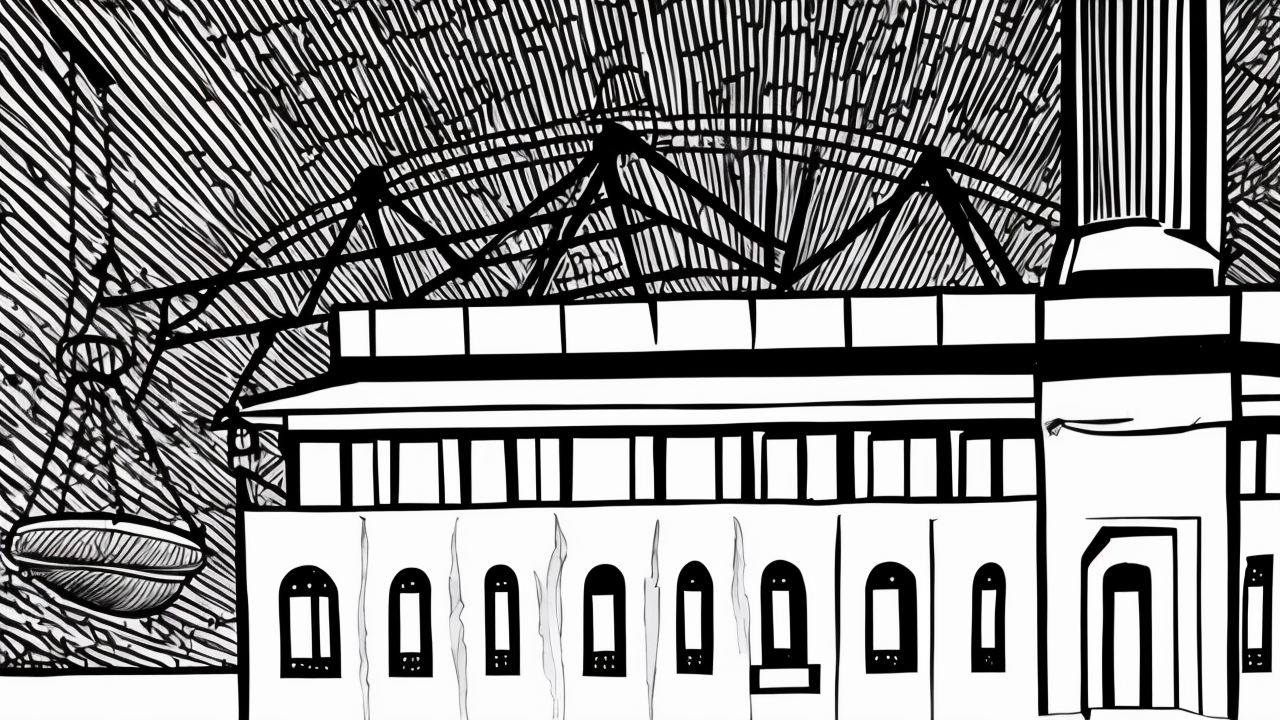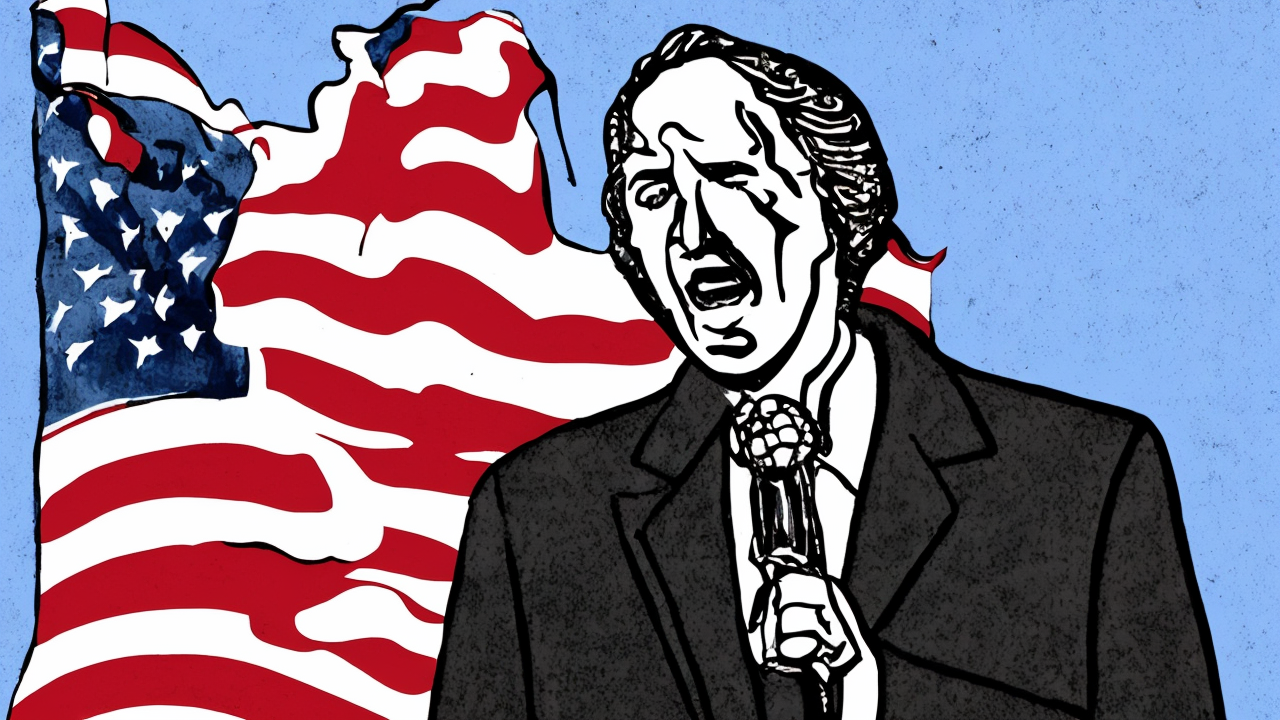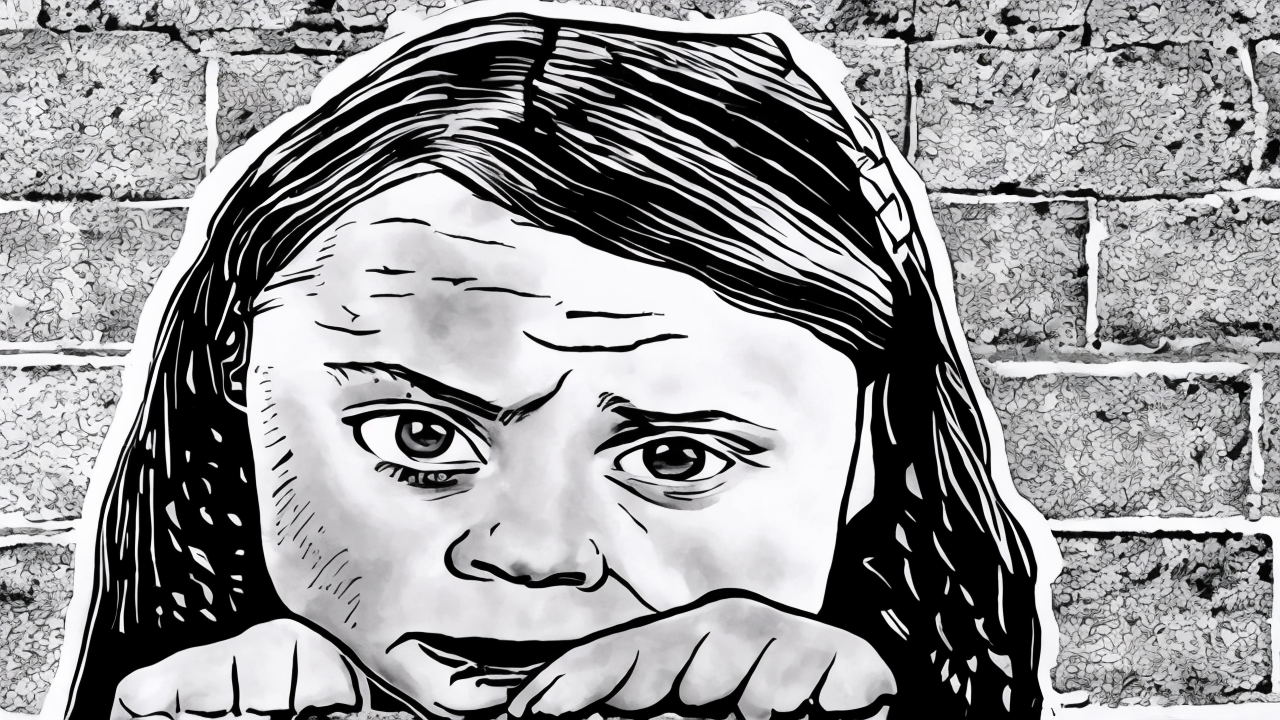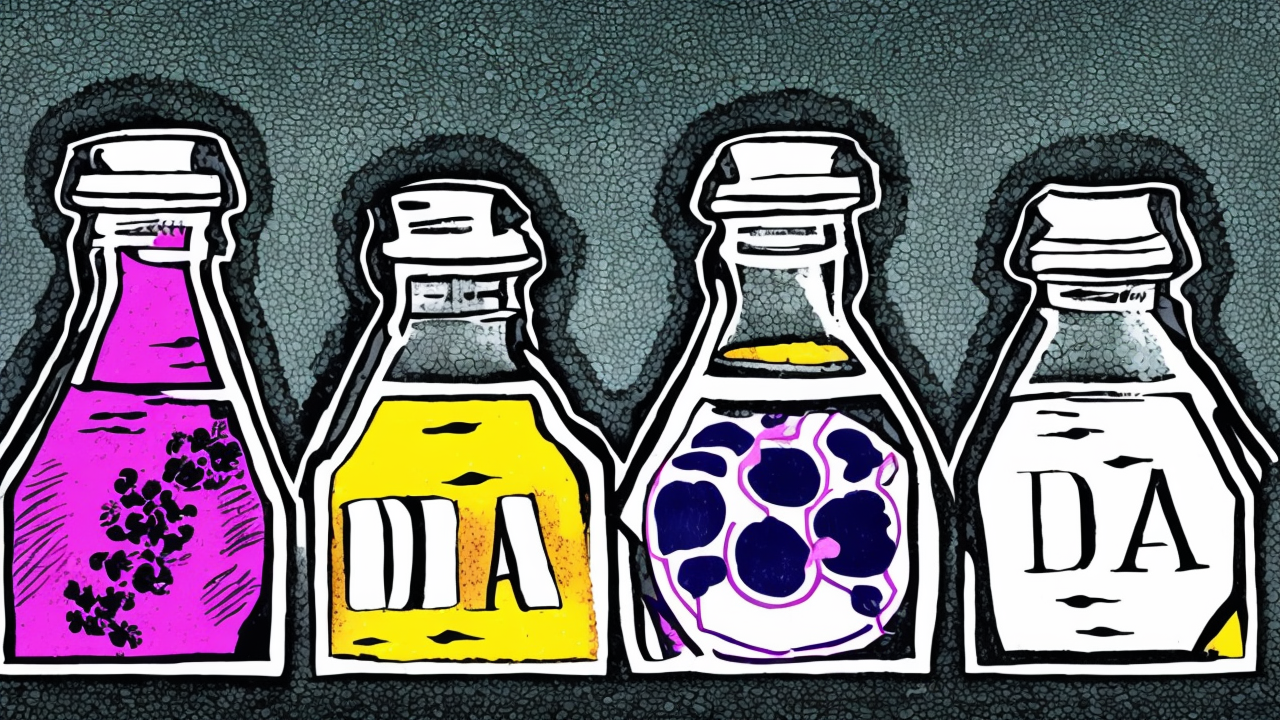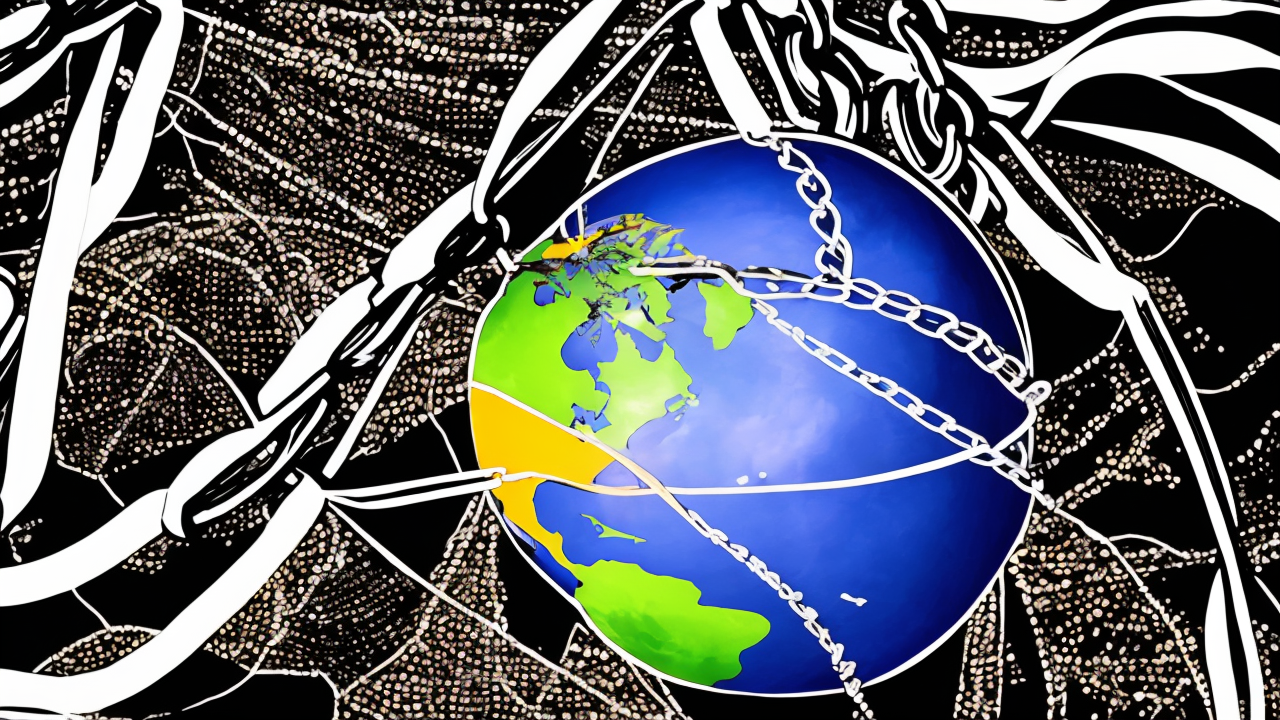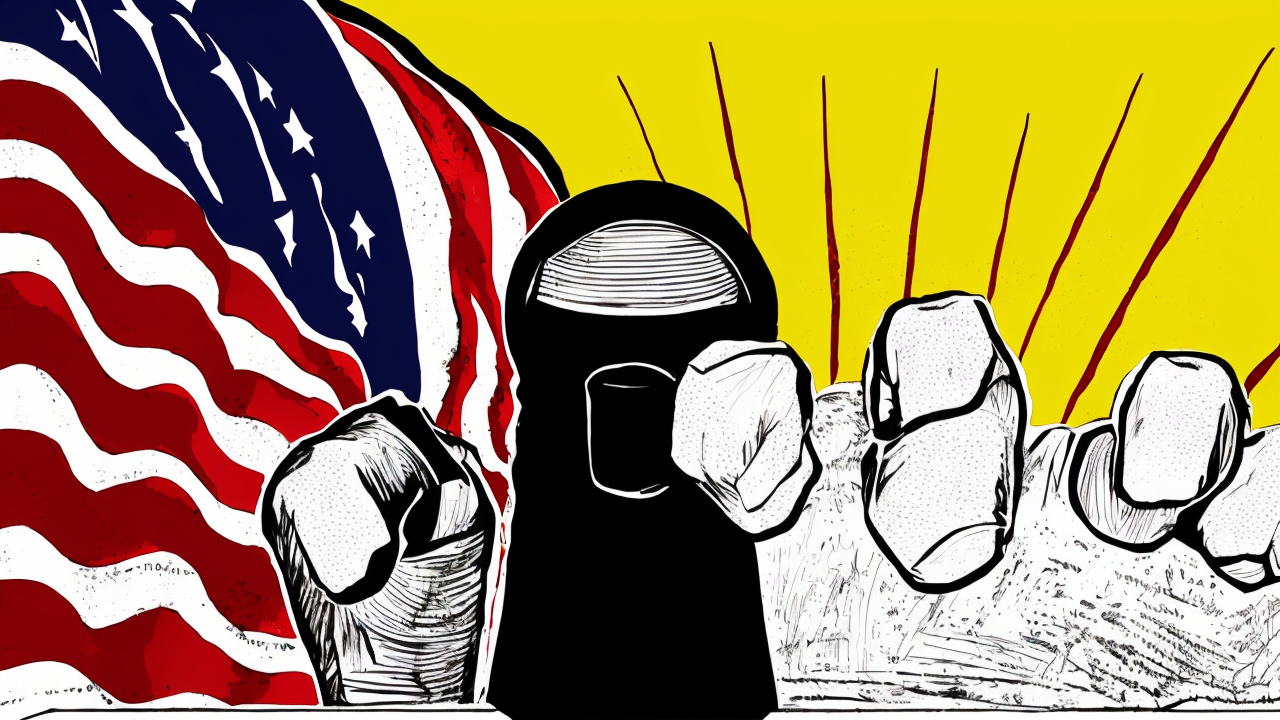Assata Shakur's Death Highlights Ongoing Tensions Over Glorifying Criminals
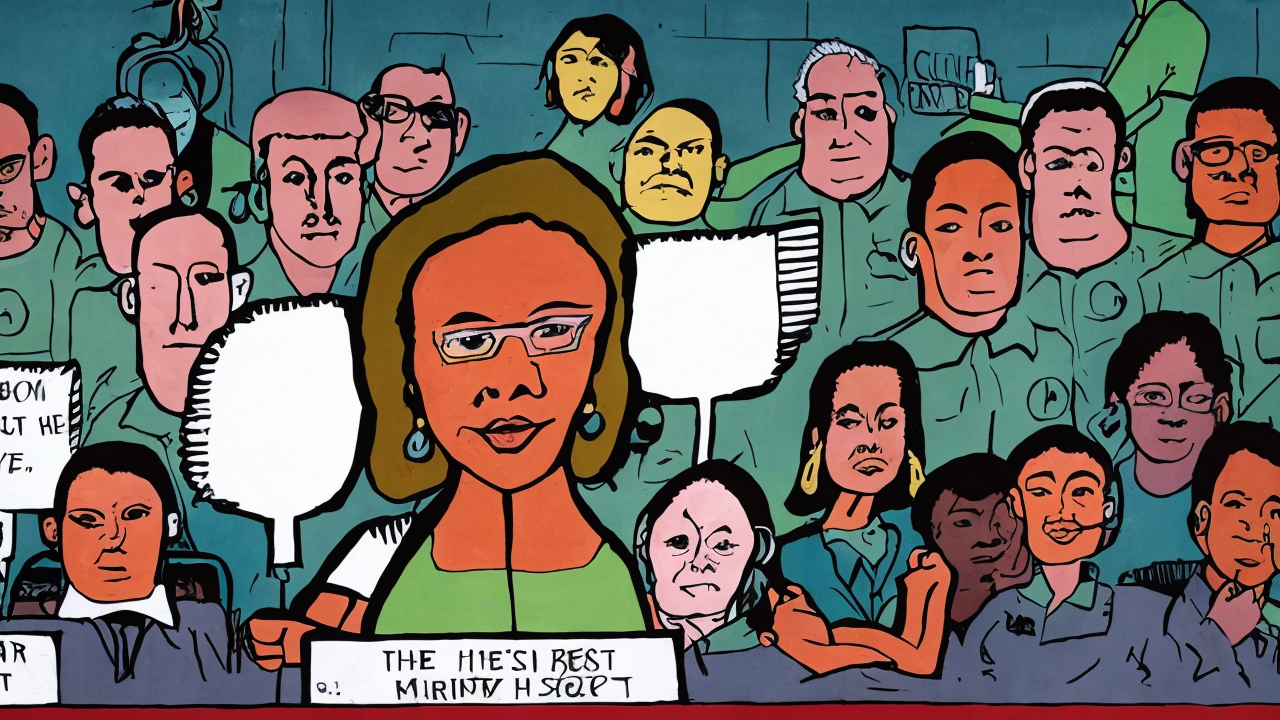
Joanne Chesimard, better known as Assata Shakur, died in Cuba on September 25, 2025. Chesimard, who was convicted in 1977 for the murder of New Jersey State Trooper Werner Foerster, had been on the FBI’s Most Wanted list since her prison escape in 1979. Her life and actions have long been a flashpoint in debates over justice, law enforcement, and radical ideologies.
Chesimard was a member of the Black Liberation Army, a radical group linked to violent crimes, including bank robberies and assassinations of law enforcement. During a 1973 confrontation on the New Jersey Turnpike, she and her accomplices opened fire on state troopers. Foerster was killed execution-style, while another trooper was seriously wounded. Chesimard fled the scene and remained a fugitive until her capture in 1977, though she escaped prison in 1979 and eventually found refuge in Cuba.
Despite her criminal history, Chesimard has been lionized by some on the radical left, including elements of the Democratic Party and teacher unions. Critics argue that such glorification of violent criminals undermines the rule of law and perpetuates a culture of lawlessness.
Her death has reignited discussions about the dangers of celebrating individuals who have committed heinous crimes. Conservative commentators and law enforcement advocates warn that honoring figures like Chesimard sends the wrong message about justice and accountability.
The legacy of Assata Shakur serves as a reminder of the ongoing tensions between radical ideologies and the principles of law and order in American society.
The Dangerous Legacy of Glorifying Criminals
The death of Assata Shakur brings into sharp focus a critical issue in our society: the glorification of criminals. Shakur, a convicted murderer and radical, has been lionized by some, despite her heinous actions. This glorification is not just a nod to radical ideologies; it is a direct attack on the principles of accountability and respect for law enforcement that are the bedrock of our society.
When we celebrate individuals who have broken the law, we send a message that violence and disregard for justice are acceptable. This not only undermines the authority of law enforcement but also erodes the trust in institutions that uphold the rule of law. The glorification of criminals like Shakur sets a dangerous precedent, suggesting that violent actions can be justified under certain ideologies, which is a slippery slope towards anarchy.
In a merit-based society, we should honor those who work within the system to create positive change, not those who resort to violence. The glorification of criminals like Shakur does a disservice to the progress of our nation and to the memory of those who have lost their lives to such violence.
It is crucial that we remain steadfast in our commitment to truth, justice, and the rule of law. By doing so, we protect the principles that have allowed our society to thrive and ensure a future where accountability and respect for the law are paramount.
Published: 10/5/2025

